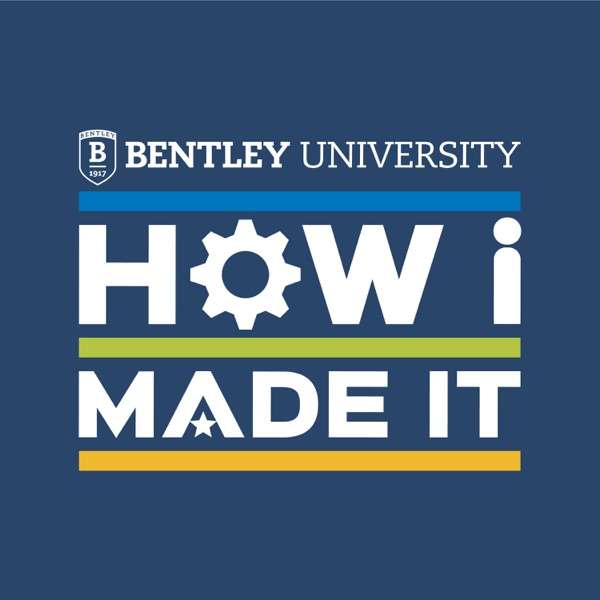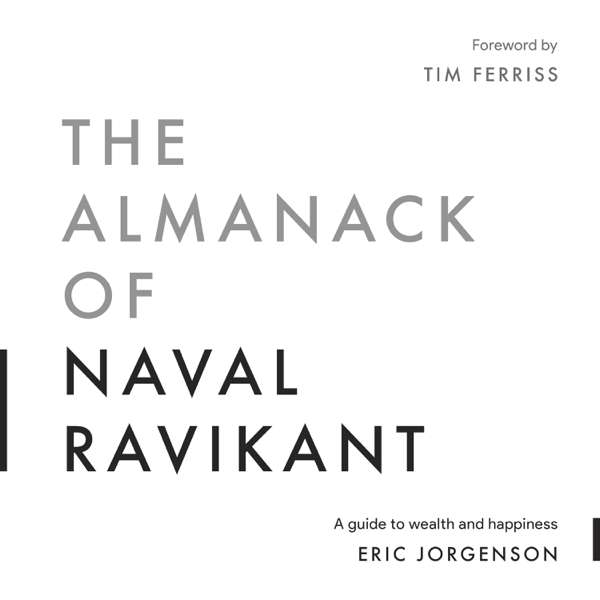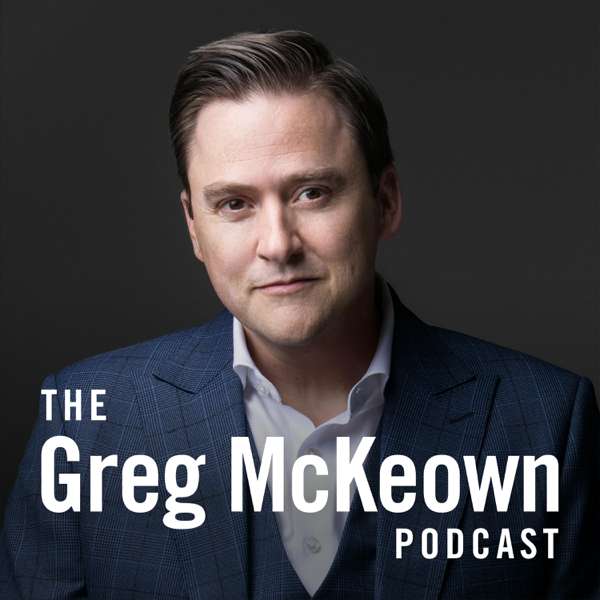Necessary & Proper is the official podcast of the Federalist Society’s Article I Initiative. The Framers of the Constitution intended the legislature to be the most powerful branch of government. In its present state, as the government operates on a day to day basis, it is not. Were the Founders simply wrong about the inherent powers of the legislative branch? Has the institution of Congress developed practices that are not compatible with the text of the Constitution? Why are current Congressional leaders unable or unwilling to act as an effective check on the presidency? Why is Congress unable to pass a budget? Why has Congress ceded much of its authority to the executive branch and to administrative agencies? What does it mean to serve productively as a member of the House or Senate? These and other important questions are the focus of the Article I Initiative. Periodic releases from Necessary & Proper will feature experts who can shed light on what the Framers envisioned for the legislative branch and how it can be restored to its proper place in the constitutional order.
- Home
- Top Charts
- Top Networks
- Top Apps
- Top Independents
- Top Podfluencers
- Top Picks
- Top Business Podcasts
- Top True Crime Podcasts
- Top Finance Podcasts
- Top Comedy Podcasts
- Top Music Podcasts
- Top Womens Podcasts
- Top Kids Podcasts
- Top Sports Podcasts
- Top News Podcasts
- Top Tech Podcasts
- Top Crypto Podcasts
- Top Entrepreneurial Podcasts
- Top Fantasy Sports Podcasts
- Top Political Podcasts
- Top Science Podcasts
- Top Self Help Podcasts
- Top Sports Betting Podcasts
- Top Stocks Podcasts
- Podcast News
- About Us
- Podcast Advertising
- Contact

 Our TOPPODCAST Picks
Our TOPPODCAST Picks  Stay Connected
Stay Connected







